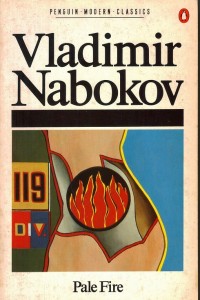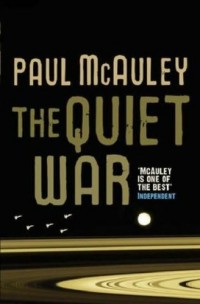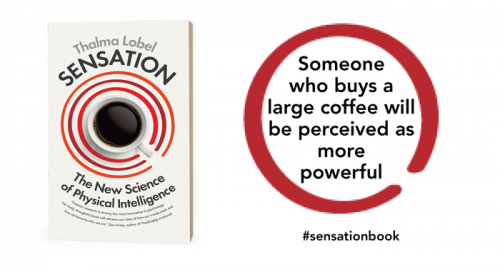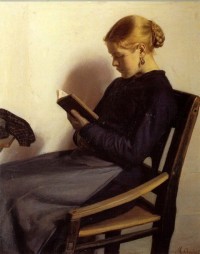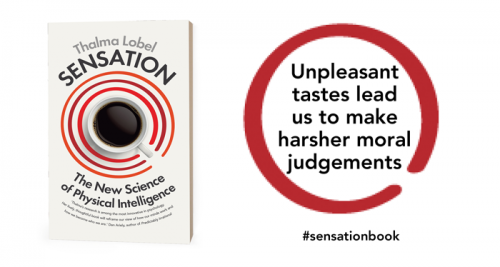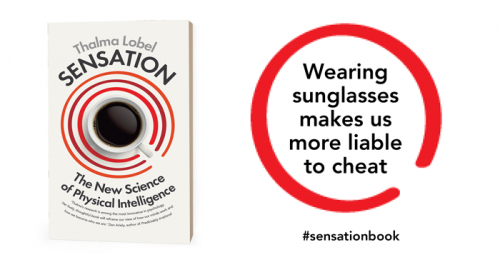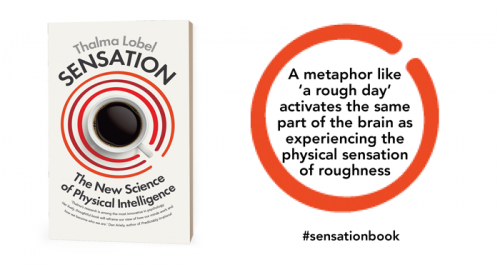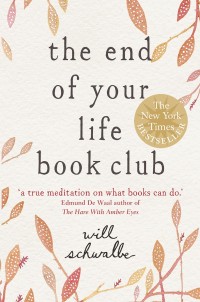Holiday in France: books, books, books
As I’ve mentioned, on holiday last month I didn’t get much reading done, but being a booklover that in no way diminished my desire to buy more books. It’s not a problem, it’s just who I am. Anyway, my book acquisitiveness was largely kept in check by us staying in the middle of nowhere without any bookshops accessible. However, I did have two major temptations.
Like their British counterparts, most French supermarkets have a book section stuffed with bestsellers, both French and international. This is not the place to find English-language books so the temptation here came down to my confidence in my French reading ability. Once upon a time my French was pretty good. I worked for a summer in Burgundy as an au pair and then when I came home I got a couple of jobs in a row that needed a little French and German. However, that was 14 years ago and I really haven’t kept my hand in. Every time we went to a supermarket on holiday I had a quick browse of the books and tried to decide whether I wanted the new Amélie Nothomb book in French. But the one time I was seriously honestly tempted was when I found an older Amélie Nothomb book, Stupeurs et Tremblements, which I own and have read in English and I figured I could refer to the translation whenever I struggled with it in French. After a lot of dithering, though, I decided that sounded more like work than fun.
The second temptation was harder to resist. Tim’s parents took us to an English tea room and bookshop. We enjoyed tea and scones and browsed the books. It was an interesting selection, clearly influenced by the reading tastes of the local English-speaking ex-pats. I skipped right past the large military history section but there was plenty to excite my bibliophilia in the fiction section. What prevented me from leaving with an armful of books, or even just one, is that I didn’t have any steer as to what to buy. I didn’t see any authors I already love or books already on my wishlist; there were no staff recommendations; I didn’t even see books I have heard praised in the numerous blogs I follow, podcasts I listen to or newspapers and magazines I read. Is this what it’s like for less bookish people every time they walk into a bookshop? A feeling of vague directionless desire? Weird.
At this point I should come clean. What made it easier to resist both of these temptations was that when we arrived at Tim’s parents’ house, his mum told me that she is thinning out her vast book collection and that I should help myself to as many as I liked of the ones she was discarding. In fact, she was even going to make it easier for me by picking out books she thought I would like. And that is the best kind of recommendation: from someone who has not only read and enjoyed a book, but also overlaps your reading taste and knows where that overlap is. Really, it’s amazing I only picked out six books!
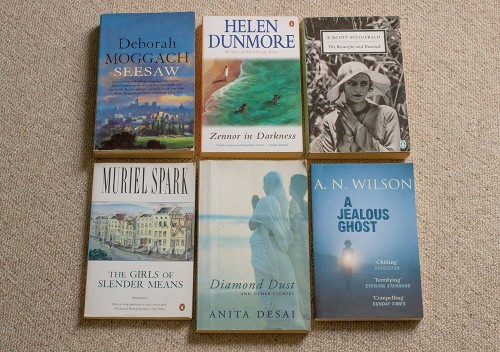
Maybe one day I’ll get that TBR down to a small bookcase, rather than overflowing a large one, but I can’t imagine ever not going out and looking for new books!


